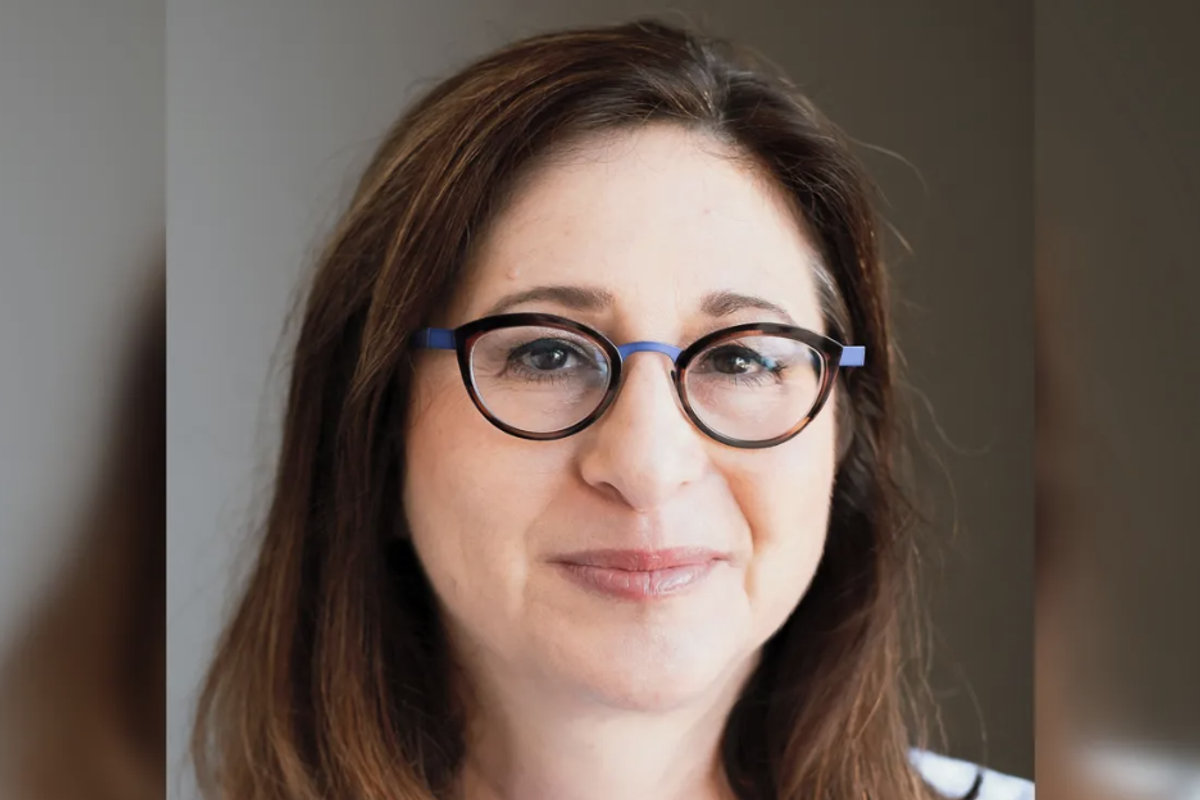Editor's note: In this week's roundup of Houston innovators to know, I'm introducing you to three local innovators across industries — from space to engineering — recently making headlines in Houston innovation.
Dorit Donoviel, director of the Translational Research Institute for Space Health
 Dorit Donoviel, director of the Translational Research Institute for Space Health
Dorit Donoviel, director of the Translational Research Institute for Space HealthThe new program will work with commercial spaceflight crews to bring back crucial research to one database. Photo via Libby Neder Photography
The Translational Research Institute for Space Health, or TRISH, at Baylor College of Medicine announced a unique program that will work with commercial spaceflight providers and their passengers. The EXPAND — Enhancing eXploration Platforms and Analog Definition — Program will collect information and data from multiple space flights and organize it in one place. TRISH selected TrialX to build the centralized database.
"The space environment causes rapid body changes. This can help us understand how we humans react to and overcome stress. Ensuring that space explorers remain healthy pushes us to invent new approaches for early detection and prevention of medical conditions," says Dorit Donoviel, executive director at TRISH, in the release.
"Studying a broad range of people in space increases our knowledge of human biology. TRISH's EXPAND program will leverage opportunities with commercial spaceflight providers and their willing crew to open up new research horizons." Click here to read more.
Nuri Firat Ince, associate professor of biomedical engineering at UH

A medical device designed by a UH professor will close the loop with high frequency brain waves to prevent seizures from occurring. Photo via uh.edu
Nuri Firat Ince, an associate professor of biomedical engineering at UH, has received a federal grant aimed at helping stop epileptic seizures before they start. The BRAIN Initiative at the National Institute of Neurological Disorders and Stroke awarded the $3.7 million grant to go toward Ince's work to create a seizure-halting device based on his research.
According to UH, Ince has reduced by weeks the time it takes to locate the seizure onset zone (SOZ), the part of the brain that causes seizures in patients with epilepsy. He's done this by detecting high-frequency oscillations (HFO) forming "repetitive waveform patterns" that identify their location in the SOZ.
"If the outcomes of our research in acute settings become successful, we will execute a clinical trial and run our methods with the implanted … system in a chronic ambulatory setting," Ince says. Click here to read more.
Vanessa Wade, founder and owner of Connect the Dots

It's time for large corporations to step up to support small businesses founded by people of color. Photo courtesy
In her guest column for InnovationMap, Vanessa Wade addressed some of the challenges she faced founding a company as a person of color — specifically the lack of access to funding. In the article, she calls corporations to action to help business leaders like herself.
"The journey ahead can feel discouraging, but the good news is that now I have a much better idea of what it will take to build an equitable road back and get businesses like mine on even footing," she writes. Click here to read more.
